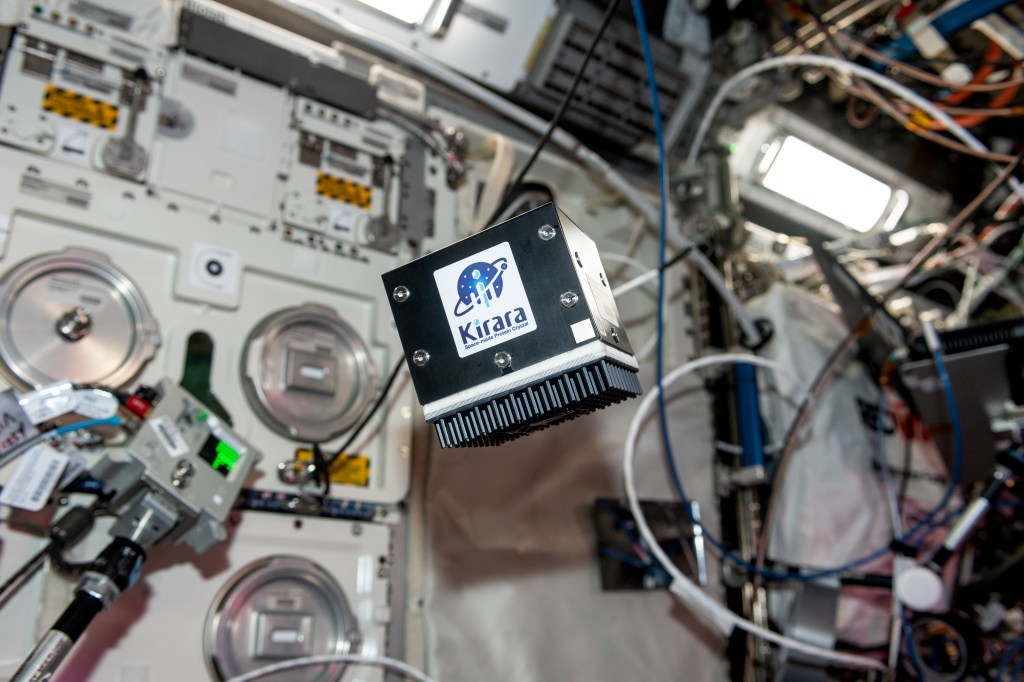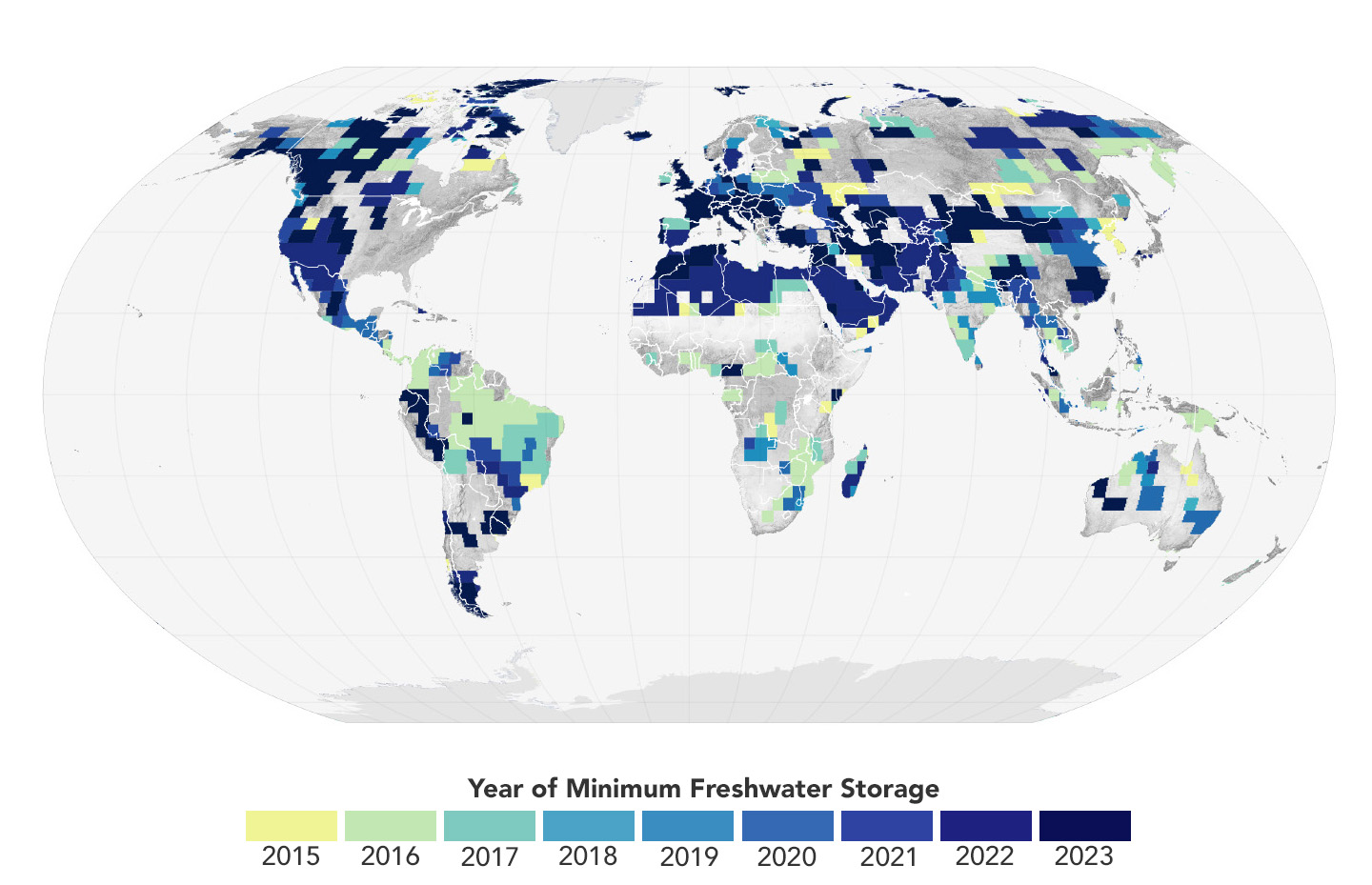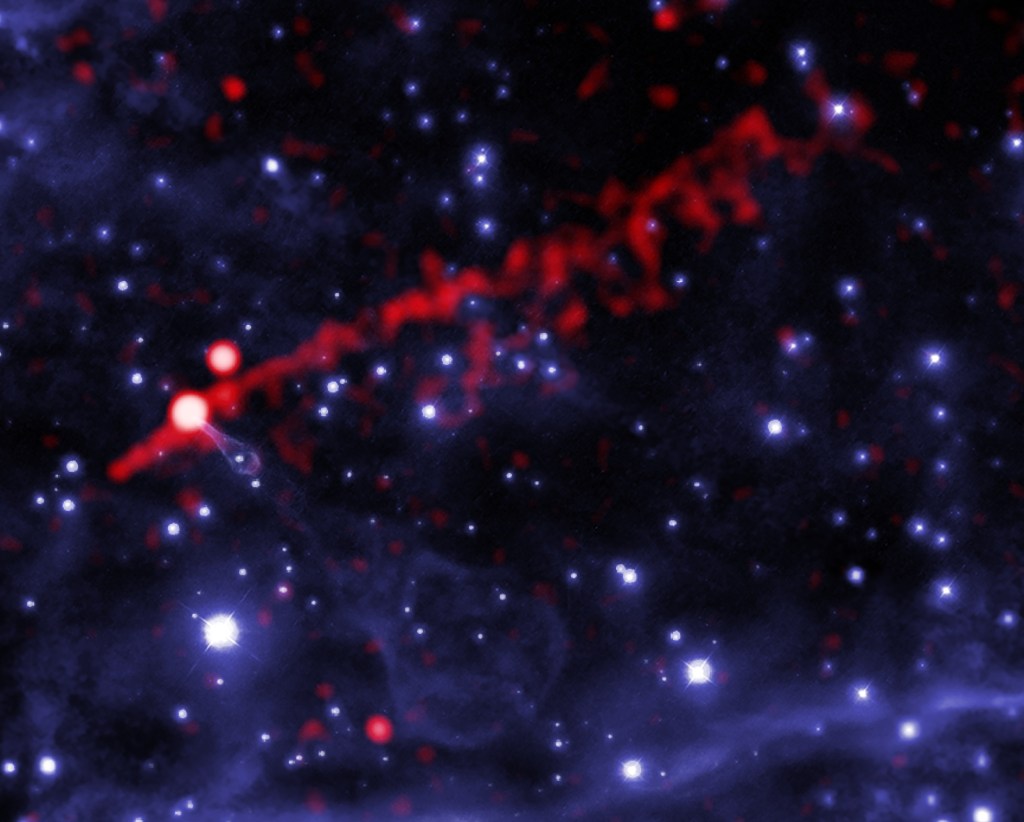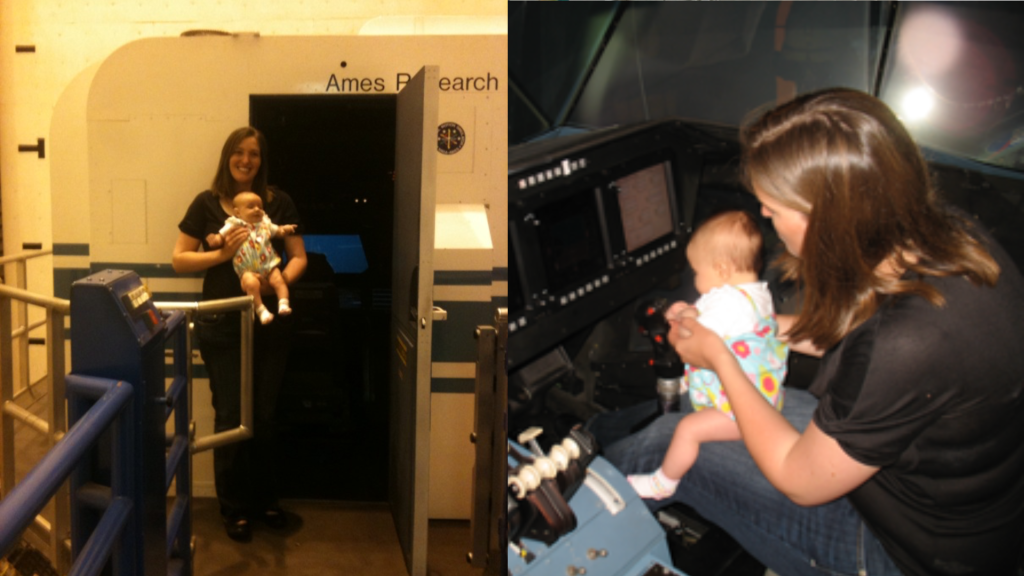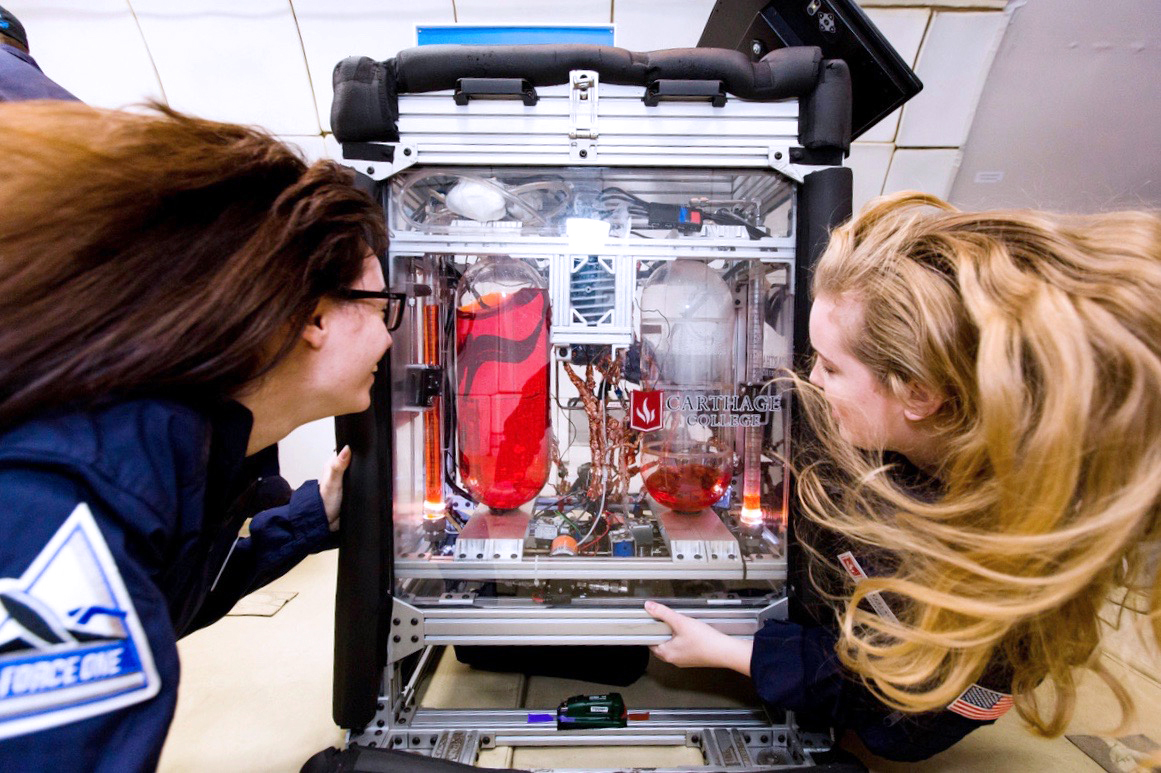Jerard Gordon
University of Michigan
Scalable manufacturing of high-performance propulsion and cryogenic fluid management systems remains a major challenge for space applications. To meet this need, functionally graded materials (FGMs) made by metals additive manufacturing (AM) show great potential for transformative impact. However, very limited information exists on the influence of processing conditions on composition, microstructure, defect densities, and property gradients in AM-FGMs. Additionally, models capable of accurately predicting the fundamental process outcomes such as local microstructural evolution and defect formation in these materials are largely nonexistent. We will employ an integrated experimental-computational framework to guide the design, synthesis, and optimization of AM-FGMs using a novel approach of surrounding brittle intermetallic compounds with ductile phases in the gradient regions, thus reducing their negative impact on thermomechanical performance. The objective of this work is to connect local thermophysical behaviors at the melt-pool scale with microstructure and property gradients in AM-FGM model alloy systems relevant to NASA needs.






